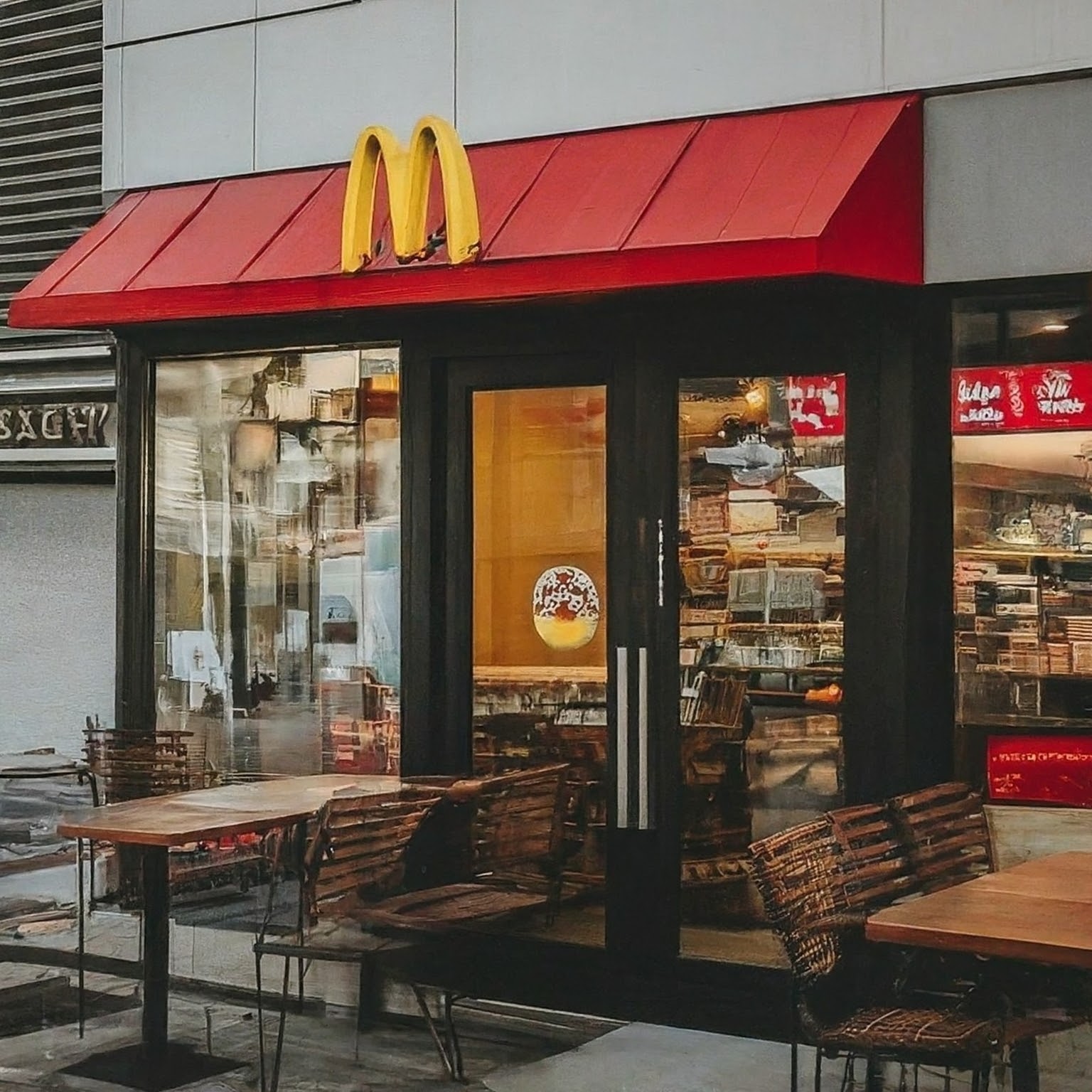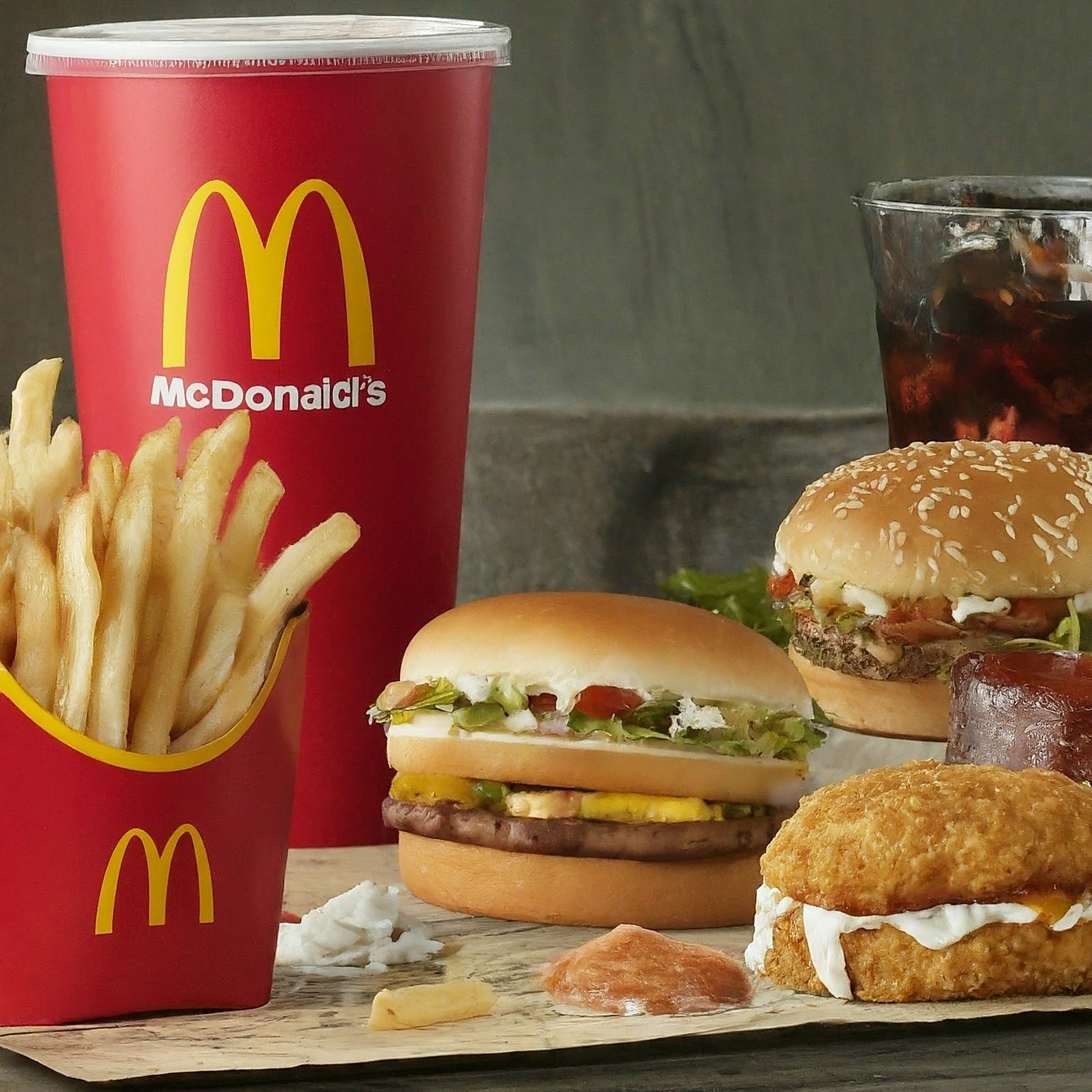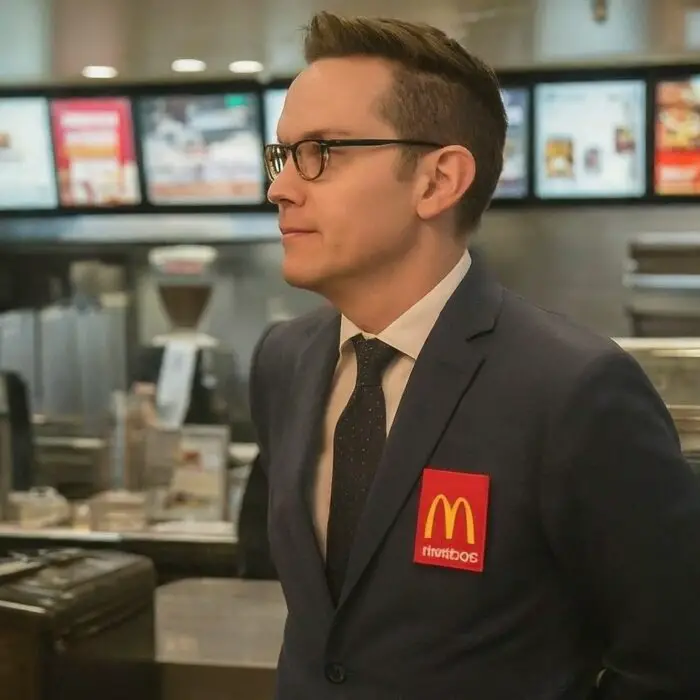
A McDonald’s restaurant manager.
McDonald’s is not just a fast-food giant; it’s a beacon of innovation and top-class managerial strategy in the global business landscape.
From its humble beginnings in the 1940s to becoming a worldwide phenomenon, McDonald’s has continuously evolved and adapted to changing market dynamics.
This article delves into the top managerial strategies and innovations that have propelled McDonald’s to the forefront of the fast-food industry.
A Focus on Quality and Consistency
Standardization
One of the hallmarks of McDonald’s success is its relentless focus on quality and consistency. The company has developed rigorous standards for every aspect of its operations, from ingredient sourcing to food preparation and customer service.
This standardization ensures that customers receive the same high-quality experience regardless of which McDonald’s location they visit.
Supplier Partnerships
McDonald’s has forged long-term partnerships with suppliers who share its commitment to quality. By working closely with suppliers, McDonald’s ensures a steady supply of high-quality ingredients.
These relationships are built on trust and mutual growth, enabling McDonald’s to maintain its rigorous standards and adapt to changing market conditions.
Innovation in Menu Offerings
Local Adaptation
McDonald’s has mastered the art of local adaptation, tailoring its menu to cater to regional tastes and preferences.
This strategy not only enhances customer satisfaction but also helps McDonald’s stay relevant in diverse markets.
For instance, the McAloo Tikki burger in India and the Teriyaki Burger in Japan are examples of how McDonald’s adapts its offerings to suit local palates.
Healthy Options
In response to growing health consciousness among consumers, McDonald’s has introduced a range of healthier menu options. Salads, fruit smoothies, and grilled chicken sandwiches are just a few examples of how McDonald’s is innovating its menu to cater to health-conscious customers.
This shift not only broadens McDonald’s customer base but also aligns the brand with contemporary dietary trends.
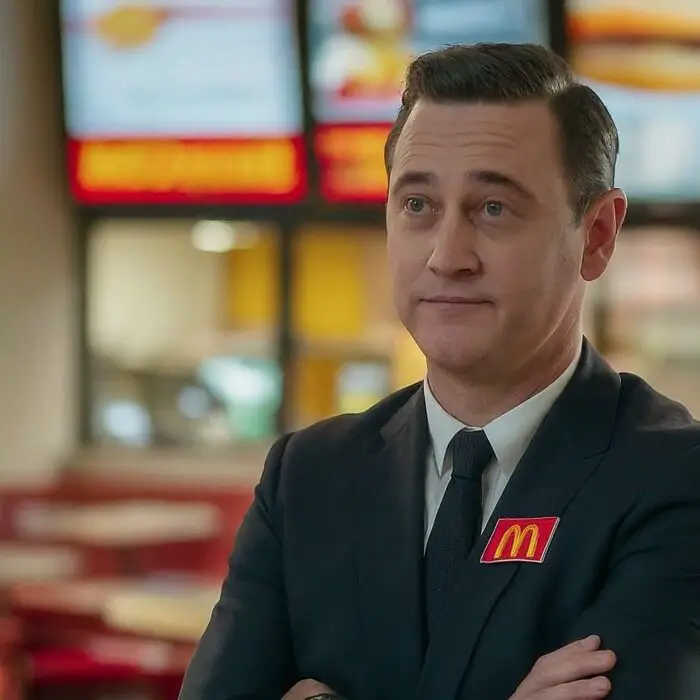
A McDonald’s staff holding a managerial position.
Technological Advancements
Digital Ordering and Delivery
Embracing the digital age, McDonald’s has invested heavily in digital ordering and delivery systems.
The McDonald’s app, self-service kiosks, and partnerships with delivery platforms like Uber Eats and DoorDash have revolutionized the customer experience.
These innovations offer convenience and efficiency, allowing customers to order and receive their food with minimal hassle.
Kitchen Automation
McDonald’s has also implemented advanced kitchen automation technologies to streamline food preparation and enhance operational efficiency.
Automated fryers, grills, and beverage dispensers reduce human error, speed up service, and ensure consistent product quality.
These technologies also free up staff to focus on customer service, enhancing the overall dining experience.
Employee Training and Development
Hamburger University
A cornerstone of McDonald’s managerial strategy is its commitment to employee training and development.
Hamburger University, McDonald’s global training center, offers comprehensive training programs for employees at all levels.
These programs cover everything from restaurant operations and management skills to leadership development and customer service excellence.
Continuous Learning
McDonald’s fosters a culture of continuous learning, encouraging employees to continuously upgrade their skills and knowledge.
Regular training sessions, workshops, and online learning platforms ensure that employees stay updated with the latest industry trends and best practices.
This investment in human capital not only enhances employee performance but also boosts job satisfaction and retention.
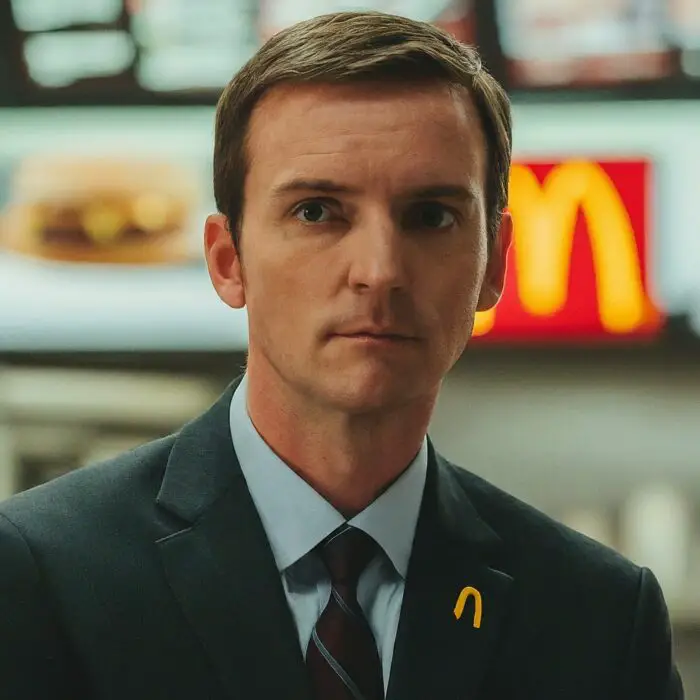
A managerial position holder at McDonald’s.
Sustainability Initiatives
Sustainable Sourcing
McDonald’s has made significant strides in sustainable sourcing, committing to sourcing its ingredients responsibly.
This includes sourcing coffee, palm oil, and fish from certified sustainable sources. By prioritizing sustainability, McDonald’s not only reduces its environmental footprint but also appeals to environmentally conscious consumers.
Waste Reduction
Waste reduction is another key focus of McDonald’s sustainability efforts. The company has implemented various initiatives to reduce waste, including recycling programs, composting, and efforts to minimize food waste.
McDonald’s is also exploring innovative packaging solutions to reduce plastic use and enhance recyclability.
Customer Engagement
Loyalty Programs
To foster customer loyalty, McDonald’s has introduced loyalty programs that reward repeat customers.
The MyMcDonald’s Rewards program, for instance, allows customers to earn points for every purchase, which can be redeemed for free food and beverages.
This strategy not only encourages repeat business but also provides valuable data on customer preferences and behaviors.
Community Involvement
McDonald’s actively engages with local communities through various initiatives and partnerships. The Ronald McDonald House Charities, for example, provides support to families with sick children.
McDonald’s also sponsors local events, sports teams, and educational programs, strengthening its ties with the communities it serves.
Crisis Management and Adaptability
Swift Adaptation During COVID-19
The COVID-19 pandemic posed unprecedented challenges for the restaurant industry, but McDonald’s demonstrated remarkable adaptability.
The company quickly pivoted to enhance its drive-thru, delivery, and digital ordering capabilities, ensuring continued service despite dine-in restrictions. McDonald’s also implemented rigorous health and safety protocols to protect its employees and customers.
Robust Contingency Planning
McDonald’s has robust contingency plans in place to address potential crises, such as supply chain disruptions, natural disasters, and public health emergencies.
These plans ensure that McDonald’s can continue to operate smoothly even in adverse conditions, minimizing disruptions and maintaining customer trust.
Conclusion
McDonald’s success is a testament to its top-class managerial strategies and relentless pursuit of innovation.
By focusing on quality and consistency, embracing technological advancements, investing in employee development, prioritizing sustainability, and engaging with customers and communities, McDonald’s has built a resilient and forward-thinking business model.
These strategies not only ensure McDonald’s continued growth and success but also position the company as a leader in the fast-food industry, ready to adapt and thrive in an ever-evolving market.


